Calcium is the most abundant mineral on Earth. It is also the most abundant mineral in the body. Accounting for about 2% of total body weight, it is mostly stored in bones and teeth. However, it is also needed to help muscles move, to carry messages to and from the brain and the rest of the body, to serve as an aid to carry blood through blood vessels, and to release hormones and enzymes where needed throughout the body. Calcium affects almost every body function.
As children we likely heard our parents say, “Drink your milk!” Our parents knew how important the calcium in milk is to healthy bones and teeth in growing children. But, it’s also found in other foods, in dairy products like yogurt and cheese; vegetables like broccoli, kale, and Chinese cabbage; and eatable bones from fish like canned sardines and salmon.
Throughout life calcium requirements change. The highest calcium requirement occurs in children from nine to eighteen years of age and in pregnant and lactating teens at 1300 mg per day. Once any person reaches the age of four, at least 1000 mg per day is needed. From birth to three, calcium needs range from 200 mg to 700 mg. All of the above intakes are based on recommended daily allowances (RDA) listed at National Institutes of Health.
As we age, however, our bones lose calcium. The condition caused by this loss of bone density is osteoporosis. As defined by Oxford Dictionaries, osteoporosis is “a medical condition in which bones become brittle and fragile from loss of tissue, typically as a result of hormonal changes or deficiency of calcium or vitamin D.” When this condition occurs, fractures can occur; they happen mostly in the hip, wrist, and spine. But what happens in the mouth when you begin to lose bone?
Bone Loss in the Mouth
Calcium is absolutely required for dental structures. It is required for the enamel, or the hard outer covering of the teeth, and the bones in the jaw that support the teeth. Imagine what happens to the teeth and jaws when the body is not getting enough calcium to keep them healthy. Bones of the jaw weaken and teeth soften and become more porous. Therefore, it is paramount that if you are not getting your RDA of calcium, you should supplement.
Additionally, periodontal disease causes bone and tooth loss, and bone rarely regenerates. This problem may be so serious that bone grafts could be required, but no treatment in itself is a magic bullet to eliminate all dental problems. The mouth is itself a complex system, so we need to think about applying several different protocols to correct these problems.
The Clean Kiss Oral Care System does just that. It approaches periodontal disease with a system we call Swish, Scrub, Spray, and Support. Bone Support is one of the two supplements in the system recommended for a healthy mouth. Bone Support is easily absorbed and comes in capsule form to be ingested two capsules, twice per day, in the morning and evening. It is made in the USA in an FDA registered lab.
Calcium is only one of fifteen healthy ingredients in Bone Support and must be taken in conjunction with Vitamin D and zinc. Other individual ingredients are delineated on this Website. For optimum results, Bone Support should be used with the entire Clean Kiss Oral Care System.

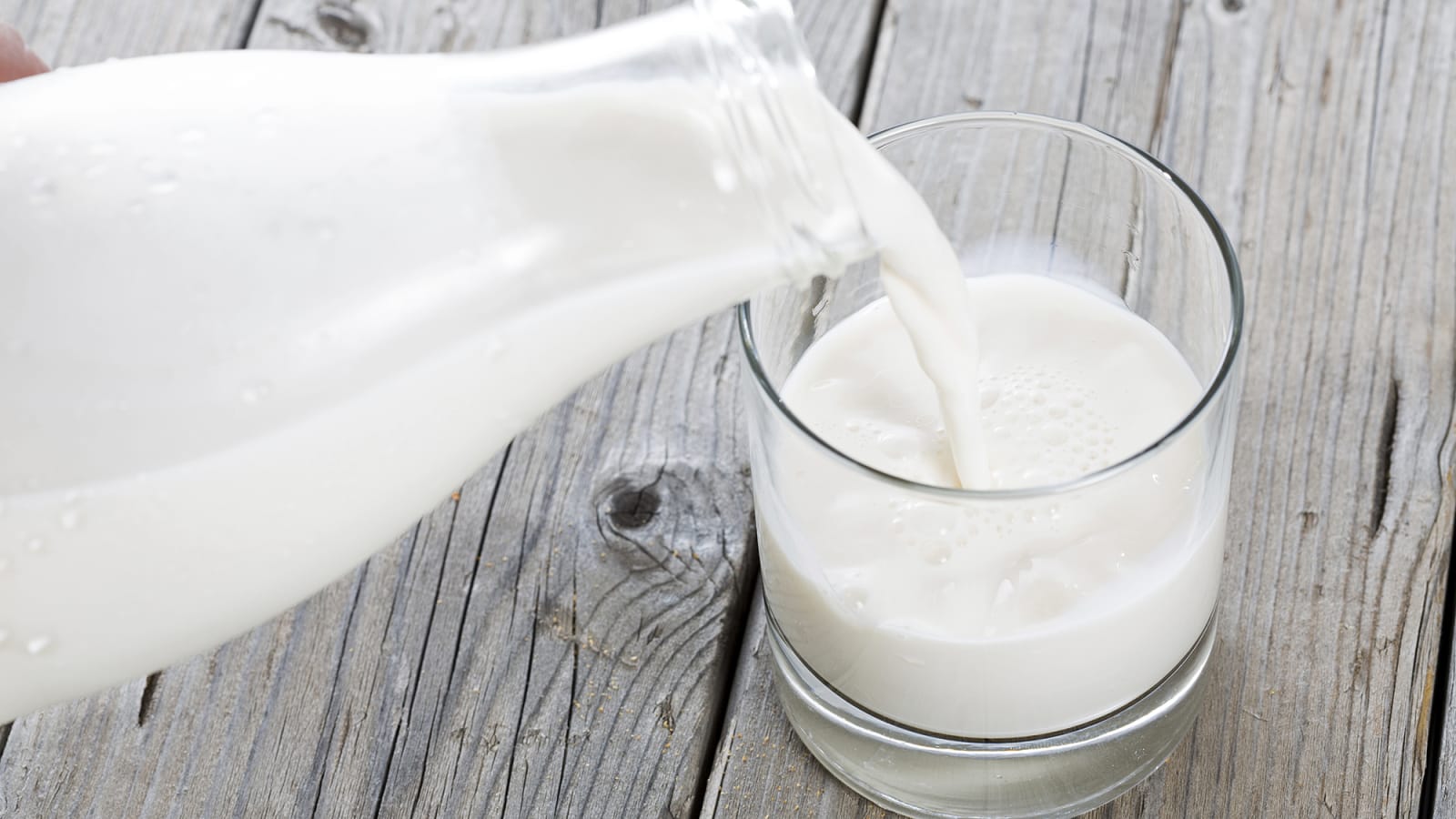
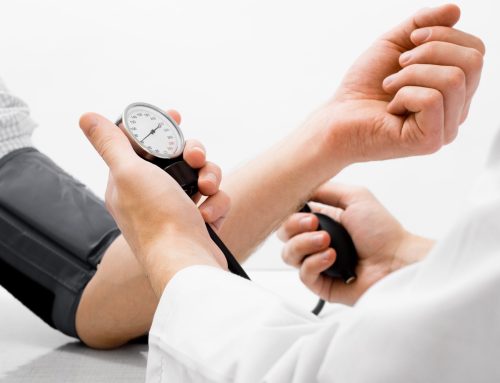
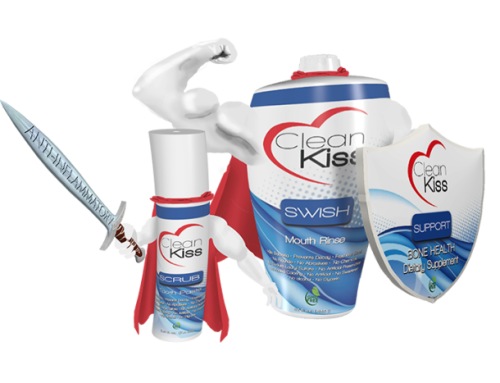
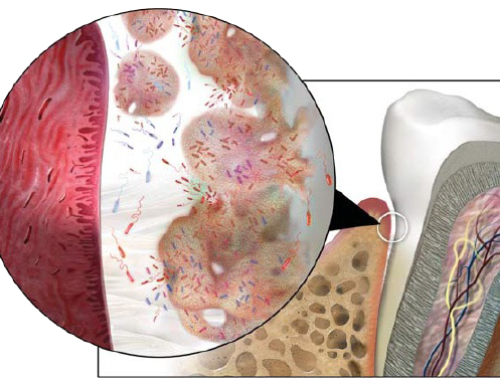
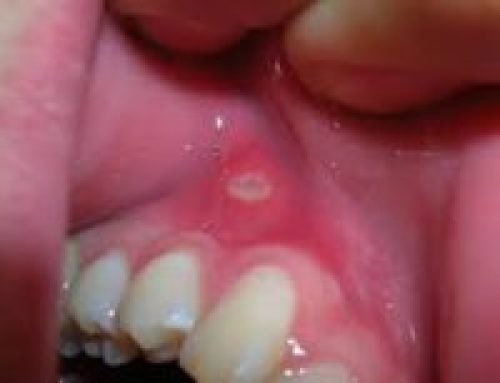
Leave A Comment